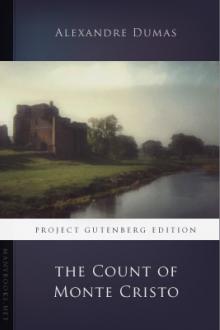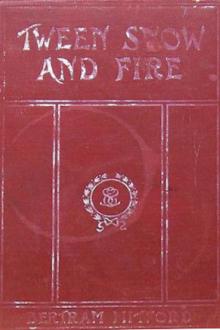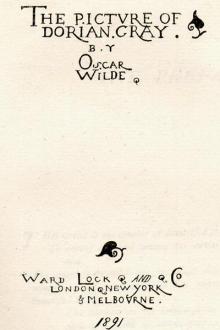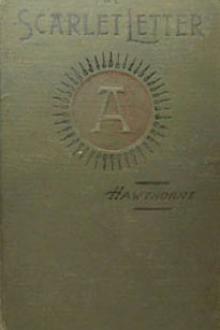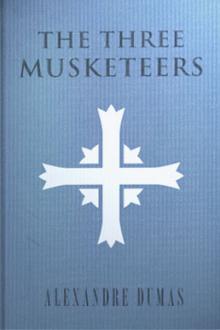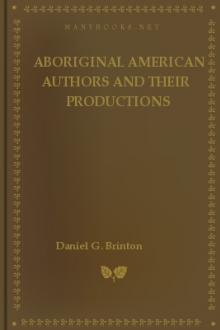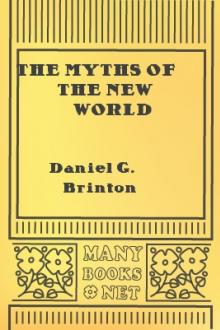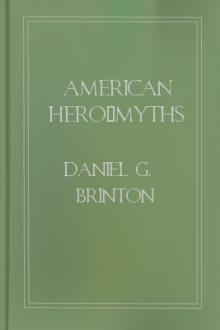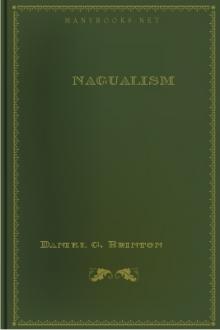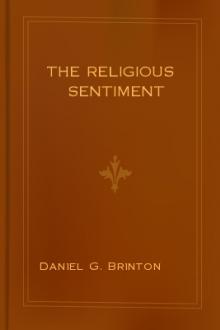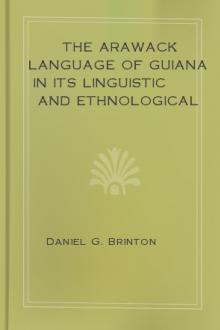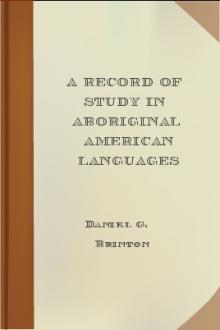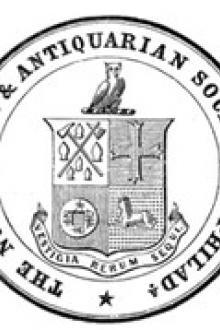An Ethnologist's View of History
An Ethnologist's View of History
An Address Before the Annual Meeting of the New Jersey Historical Society, at Trenton, New Jersey, January 28, 1896
Book Excerpt
t are or were the regular characteristics of the people or peoples he is studying. The ethnic differences so revealed are to him what organic variations are to the biologist and morphologist; they indicate evolution or retrogression, and show an advance toward higher forms and wider powers, or toward increasing feebleness and decay.
To understand them they must be studied in connection and causation. Hence, the method of the ethnologist becomes that which in the natural sciences is called the "developmental" method. It may be defined as the historic method where history is lacking. The biologist explains the present structure of an organ by tracing it back to simpler forms in lower animals until he reaches the germ from which it began. The ethnologist pursues the same course. He selects, let us say, a peculiar institution, such as caste, and when he loses the traces of its origin through failure of written records, he seeks for them in the survivals of unwritten folk-lore, or in similar forms in primit
Editor's choice
(view all)Popular books in History
Readers reviews
0.0
LoginSign up
Be the first to review this book

 Free Download
Free Download












